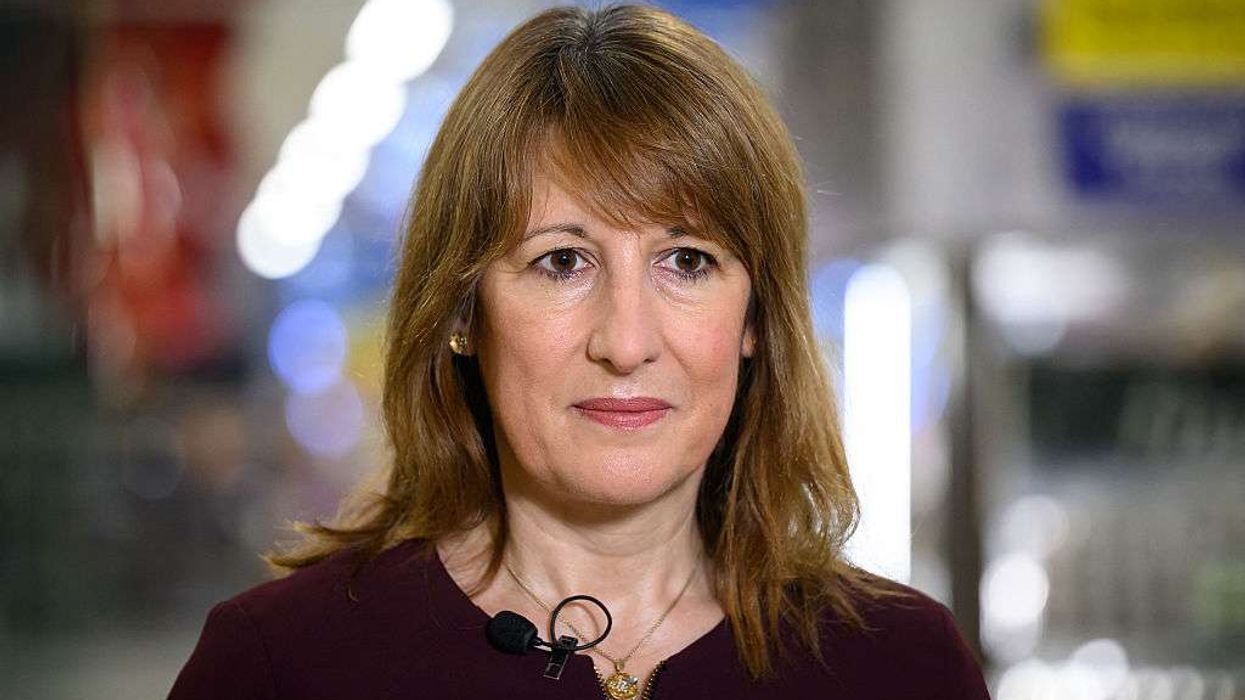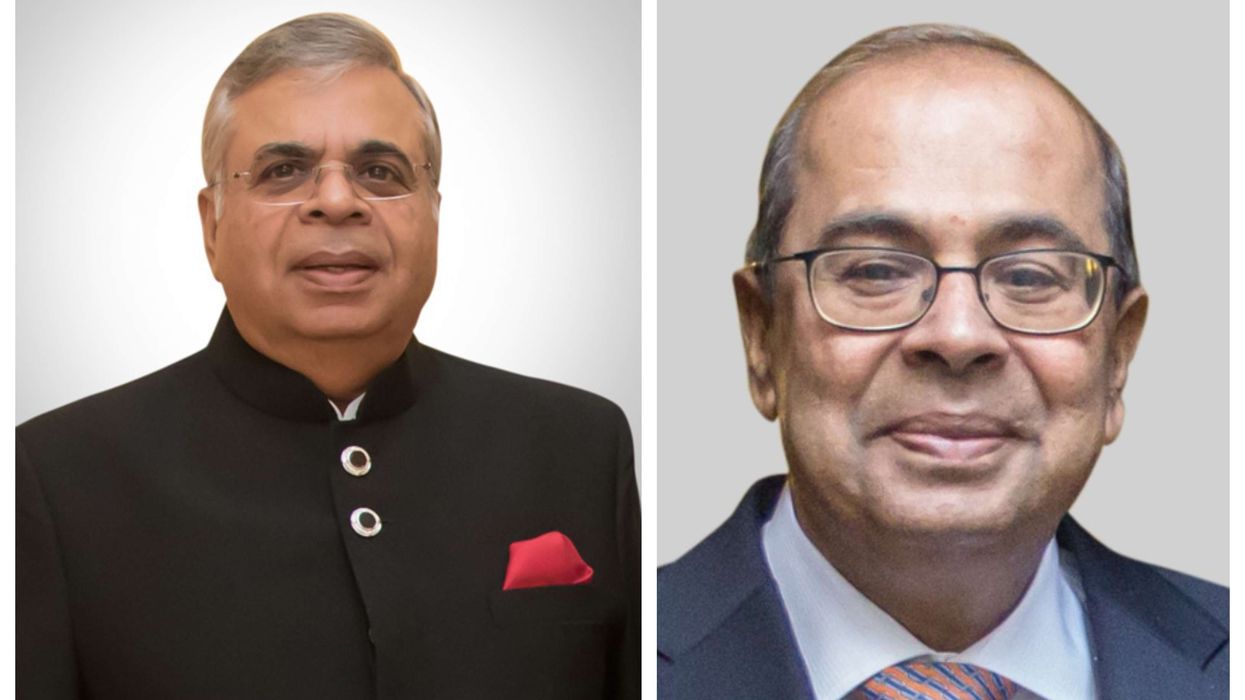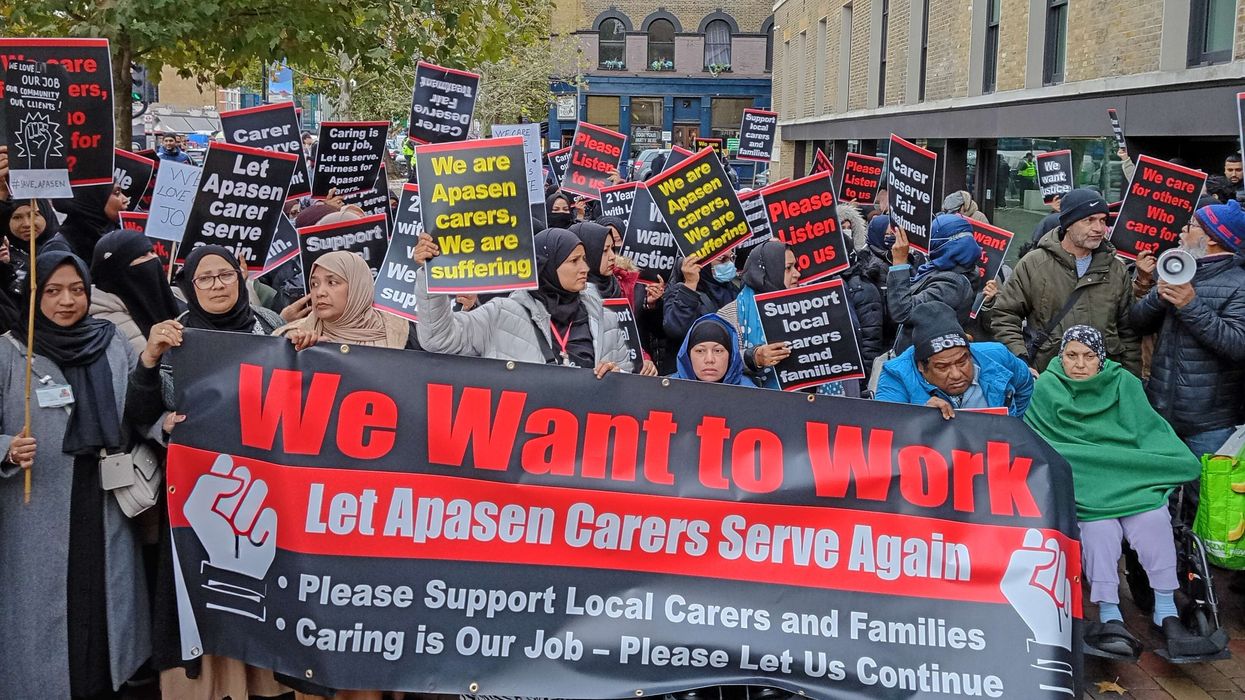LONDON mayor Sadiq Khan believes that if the UK prematurely lifts the COVID-19 lockdown it could lead to a worse second and third spike of the pandemic in the country.
Speaking before prime minster Boris Johnson eased some of the lockdown restrictions on Sunday (10), Khan cautioned that “we need to learn from history on how pandemics evolve”.
According to the mayor, “If you look at the history of any pandemic, over centuries, often the second and third waves are worse”.
Speaking at a virtual Iftar organised by the Naz Legacy Foundation last Wednesday (7), the mayor added: “There is no return, for some time, if ever to business as usual”.
Though there may be some modifications on the conditions of the lockdown, there will be a new normal post the pandemic, he said.
According to Khan, there will be many phases before the country goes back to some sort of normality.
On the disproportionate number of ethnic minorities affected by the coronavirus, Khan reiterated that it highlighted the ‘structural inequalities’ in our society. He spoke of a double whammy against minorities in an interview with Eastern Eye last month.
“What (the pandemic) has highlighted are structural inequalities in our society which mean the BAME groups have a double whammy,” he said in April. “You can’t help but notice when you look at the photographs of the first doctors who have lost their lives - they were all people of colour.”
In his remarks last week, the mayor said: “The black, Asian, minority, ethnic (BAME) communities have concerns as I have. First, these communities tend to have underlying inequalities in relation to the jobs they do.
“Since they do core jobs, they are always on the frontline. They work as nurses, bus drivers, fruit shops and also they work in care homes. They happen to suffer underlying health conditions.”
“Owing to these reasons we see a massive number of BAMEs losing their lives during the pandemic. At one stage, a few weeks ago, more than a third of deaths were BAME. The first doctors who lost their lives were people of colour. Also, many of them were Muslims. Structural inequalities must be addressed.”
Khan also called for “concrete proposals” to address these structural inequalities. He urged risk assessment of BAME people, in NHS and care homes, based on their gender, age, underlying health conditions. This will help to find out who is more susceptible to the virus, he said.
According to the mayor, London would change after the COVID-19 crisis.
“We need to change. Look, this is an awful virus. We need to have hope. Even during the lockdown, some Londoners need to go to work. It is not for money, but to satisfy basic needs. Some industries are suffering worse than others. We need to address all these issues. In a way this virus is a great leveller,” he said.
The mayor said though the practice of social distancing is hard during the Ramadan, it is important that everyone followed it. Muslims usually spend the holy month among extended family members living in separate homes and the community also holds daily congregation prayers in mosques.
“Many have spoken about the difficulty of physical distancing. But we must follow the advice of our scholars. Even the prophet, in history, when there was a plague he stayed away from there... to the extent of not shaking hands even though he was very friendly. That shows the importance of public health at the same time,” the mayor said.
Khan emphasised it was important to for all Muslims to make this “sacrifice of social distancing”, including during Eid.
“Frontline workers, such as doctors, nurses, bus drivers, shop workers, undertakers and others are fasting and doing the hard work during the day.
“It is important to serve others during the crisis. It is the common thread running through all the major religions. We can do a service to others in a very simple way during this pandemic by staying at homes. Stay home, protect the NHS and save lives,” the mayor urged.
More than 19,000 people watched the RamadanAtHome virtual iftar live with a number of esteemed speakers including the Archbishop of Canterbury, Chief Rabbi Eprahaim Mirvis, Cardinal Vincent Nichols, Bishop Sarah Mullally, Imam Mohammed Mahmoud, as well as leading figures from the charity, research and academic sectors.
The event was hosted by BBC journalist Mishal Hussain.













